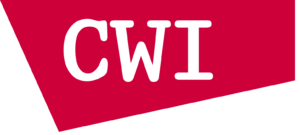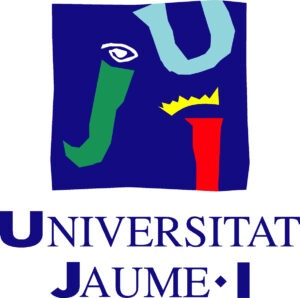THIS WEBSITE USES COOKIES
We use cookies to personalise content, to provide social media features, and to analyse our traffic. By choosing 'allow all cookies', you consent to our cookies.
To find out more, read our privacy policy and cookie policy.
DC9 – Adaptive compressed sensing using deep learning in non-linear microscopy
Marcos obtained his BSc in Telecommunications Engineering from 2017 to 2021 and Master in Engineering from 2021 to 2022 at Instituto Balseiro, a research institute funded by the Argentinean National Atomic Energy Commission where he held a full scholarship during both studies.
For his BSc project, he interned at INTECNUS, a nuclear medicine institute developing 4D multimodal registration algorithms for external beam radiotherapy, under the supervision of Prof. Germán Mato. He continued working under his supervision and collaborating with Prof Teresa Correia on optical projection tomography reconstruction with model-based neural networks for his MSc thesis. During this time, he also served as a Graduate Teaching Assistant at the Neural Networks course lectured by Prof. Mato.
His interests lie in compressed sensing approaches to inverse problems in computational imaging, especially those involving neural networks used as a proxy for physical processes.
“I am excited to work at the intersection of theory and practice in the field of microscopy, being able to combine and create smarter ways of acquiring and processing images.”
Marcos’s PhD programme is centred around the development of a mathematical framework, numerical algorithms, and the implementation of adaptive compressed sensing techniques enhanced by deep learning (aCS-DL). The primary goal is to integrate these advancements into the SMART-2PM system, applying and evaluating their effectiveness specifically in the context of nonlinear microscopy for the imaging of biological tissues. This approach aims to significantly improve the efficiency and quality of imaging in complex biological environments. Marcos is carrying out his research at the Centrum Wiskunde en Informatica (CWI). Two secondments are planned throughout his employment.
 Host: CWI
Host: CWI
Supervisor: Dr Felix Lucka

Host name: UJI
Supervisor: Dr Jesus Lancis

Host name: DATRIX
Supervisor: Dr Matteo Bregonzio